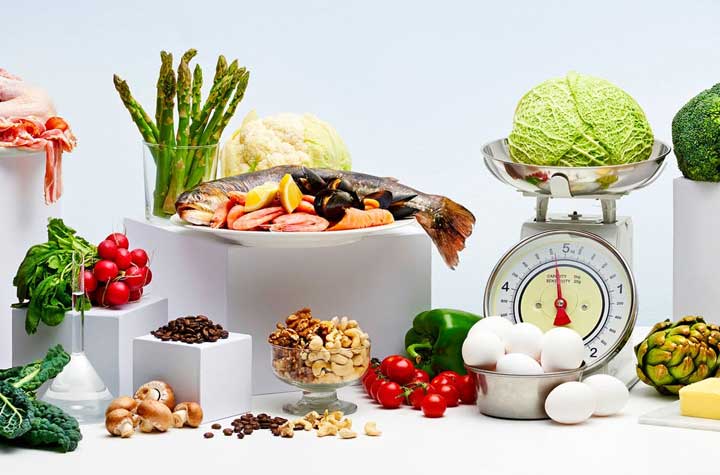
High-protein, low-carbohydrate diets, like The Atkins Diet, have been widely promoted as effective weight loss plans. These programs generally recommend that dieters get 30% to 50% of their total calories from protein.
By comparison, the American Heart Association, the National Cholesterol Education Program, and the American Cancer Society all recommend a diet in which a smaller percentage of calories come from protein.
Normally your body burns carbohydrates for fuel. When you drastically cut carbs, the body goes into a metabolic state called ketosis, and it begins to burn its own fat for fuel.
When your fat stores become a primary energy source, you may lose weight.
Choose protein sources that are nutrient-rich and lower in saturated fat and calories, such as:
Some experts have raised concern about high-protein, low-carb diets.
If you′re considering a high-protein diet, check with your doctor or a nutritionist to see if it's OK for you. They can help you come up with a plan that will make sure you're getting enough fruits and vegetables, and that you're getting lean protein foods.